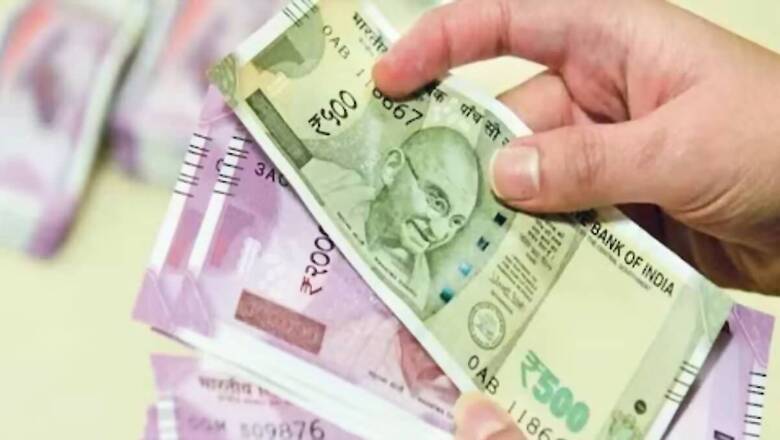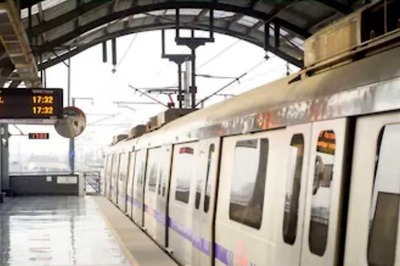
views
MSMEs, making up an impressive 97.7% of all enterprises in the country are the backbone of the Indian economy and tomorrow’s large business houses. It accounts for nearly 32% of India’s GDP and is the second largest employer after agriculture, particularly in the semi-urban and rural areas. Within the broad gambit of the MSME sector, Microenterprises constitute nearly 96% of overall MSME units.
Optimising the performance of MSMEs is, therefore, a critical need in the economy. They should be motivated to upgrade technology, adopt ESG (Environmental, Social and Governance) best practices, and standardise products to enhance their global competitiveness.
However, many challenges stand in the way of the greening of MSMEs. Among the most critical are: lack of financial literacy coupled with lack of access to finance for technology upgradation, and absence of mentoring and handholding for sustainability and growth. These roadblocks are even greater for micro-units, especially those promoted by women, SC/ST, and other marginalised communities who face real-time challenges to adopting ESG practices. They are often unaware of environmental laws. Moreover, increasing production costs of ‘green’ products often lead to higher prices, which consumers are often loath to pay.
Solutions for Micro Enterprises to Turn Green
The major areas in which MSMEs can make a huge difference are in increasing energy efficiency. Budgetary measures for the push of energy-efficient equipment or installations for alternative sources of energy—solar or wind—are essential. These shall reduce energy consumption and cut down on operational costs, making MSMEs more competitive.
A combination of debt and equity instruments must be used to bring MSMEs, particularly the micro sector, within the fold of the formal financial sector. Venture capital should focus on sectors where the MSMEs function and offer them funding to use green technologies in trade, manufacturing, and services. Policy interventions should focus on improving access to finance for green projects through dedicated schemes of green financing or subsidised interest rates for ESG investments or incentivising banks/financial institutions to prioritise lending to sustainable micro-enterprises.
Similarly, capacity building programmes for skill and entrepreneurship development as well as participation in domestic and overseas events and exhibitions should be increased substantially for the micro sector.
Expectations from the Budget
Micro enterprises have high hopes from the union budget to incentivise them to go green. Subsidies on renewable sources of energy, energy-efficient equipment, or waste reduction technologies—this could be a carry-on of available policies and programmes, including the Credit Linked Capital Subsidy for Technology Upgradation Scheme (CLCSS) and/or interest subvention.
The Ministry of MSME must ensure, through regular monitoring that the MSME Technology Centres at 14 locations across India are functional round-the-year and these centers should assist micro-enterprises proactively.
Tax benefits for companies engaged in developing sustainability-oriented initiatives are also expected. Government incentivised and subsidised loans to facilitate investments in green technologies with lower interest rates. Programs for skills development and capacity building to enable micro-enterprises to learn and acquire skills to sustainably improve their operations. Because consumers pick branded green products over those from micro-enterprises, the latter can become a supplier for the bigger brands.
More rigorous enforcement of the already enacted laws on the compulsory installation of effluent treatment plants and stipulated discharge standards will minimise environmental degradation. Such awareness campaigns can be conducted for entrepreneurs to make them aware of sustainable practices and related prevalent regulations.
In essence, Indian MSMEs, especially those in rural areas, must embrace these environmentally friendly technologies and strategies to lead the way in sustainable development. By combining these regulations with some of the budgetary measures proposed herein, the Government will be in a position to establish a strong system that rewards and compels the MSME sector to work sustainably.
Written By: Lakshmi Venkataraman Venkatesan, Founding and Managing Trustee of BYST (Bharatiya Yuva Shakti Trust)




















Comments
0 comment